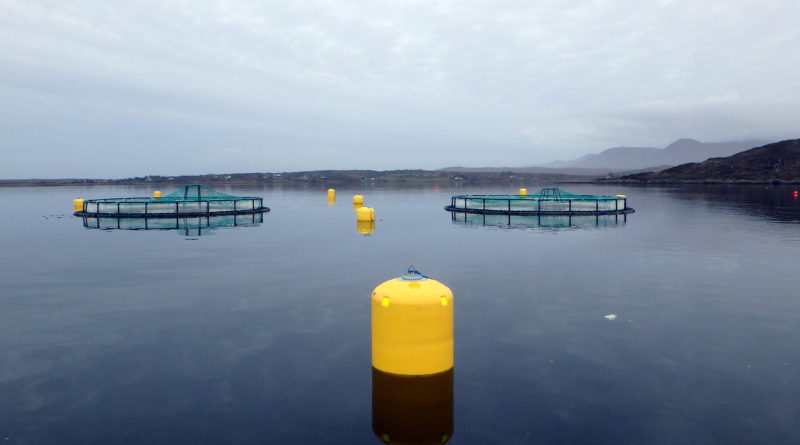A New Model of Aquaculture: Growing Different Species Together to Create a More Balanced Environmental System
The main idea about IMPAQT project is to foster integrated multi-trophic aquaculture (IMTA), meaning to grow different species together to create a more balanced environmental system. The idea behind is that in the food chain, one species always finds a feeding niche in the waste generated by another species. For instance, different types of fish, shrimps, and algae are grown in a joint environment, sometimes close to the seashore, to create a stable balance, mutually benefiting the organisms and improving ecosystem health.
To understand better the mutual interactions among species and the impact on the ecosystem, the IMPAQT project is developing a monitoring system, comprising sensors for fast appraisal of water quality, gas sensors to detect organic contaminants, biomechanical sensors to monitor fish motion, remote sensing algorithms based on satellite observation, and vibrational spectroscopy for in vitro species characterisation.
The IMPAQT monitoring system will provide large amounts of real-time data that will improve the management of aquaculture sites, reduce costs, improving the environmental stability of the aquaculture sites and foster the social acceptability of outcoming products.
Leitat is responsible to design and implement the Integrated Autonomous Data Acquisition System (IADAS). This system will be placed on the aquaculture sites and coordinate various components such as physical and chemical sensors, acquisition and processing boards, communications module and sampling system. In the end, the IADAS is responsible for providing power and controlling the component operation.
The different components are developed individually, assessed and optimized before being integrated to form a working precompetitive prototype for laboratory and field testing.
Moreover, Leitat leads the sustainability assessment to ensure that multi-trophic systems contribute to an optimal sustainable development considering an ecosystem approach. It applies the Life Cycle Assessment (LCA) as an environmental management tool to assess the environmental impacts together with a circular analysis delivering a common framework for IMTA farms. Leitat is responsible for the quantification of the environmental potential impact of the 6 demo sites. In addition, Leitat also collaborates with the socio-economic assessment and a cost-benefit analysis using Life Cycle Costing methodology (LCC) to quantify the economic impact caused by IMPAQT solutions.
For more information, do not hesitate to contact us.

